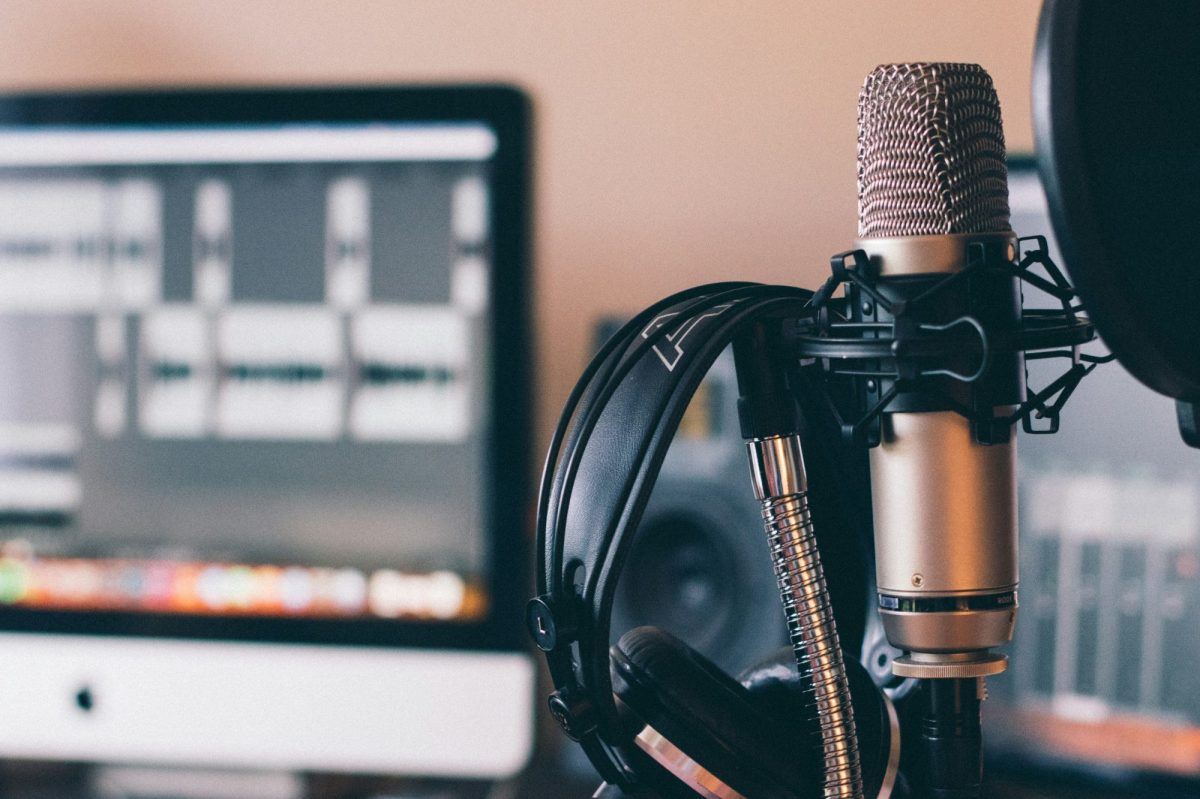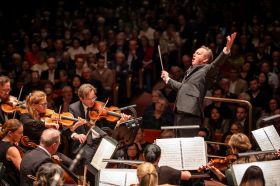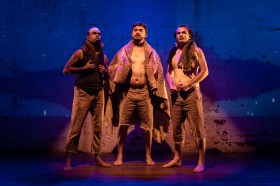In the shifting landscape of Australian performing arts, one form of storytelling is making surprising inroads: the audio drama podcast. Often created with a shoestring budget and a laptop, these DIY productions are allowing playwrights, actors and creatives to reach global audiences in ways that bypass traditional gatekeepers like venue programming, touring schedules and funding rounds.
More than a pandemic-era stopgap, fiction podcasts are now emerging as a legitimate artistic medium. With Australian audiences increasingly turning to audio content for news, entertainment and escapism, it’s no surprise that creatives are responding in kind. In 2023, Australians downloaded over one billion podcasts – up 26% from the previous year – making Australia one of the most enthusiastic podcast markets per capita in the world.






